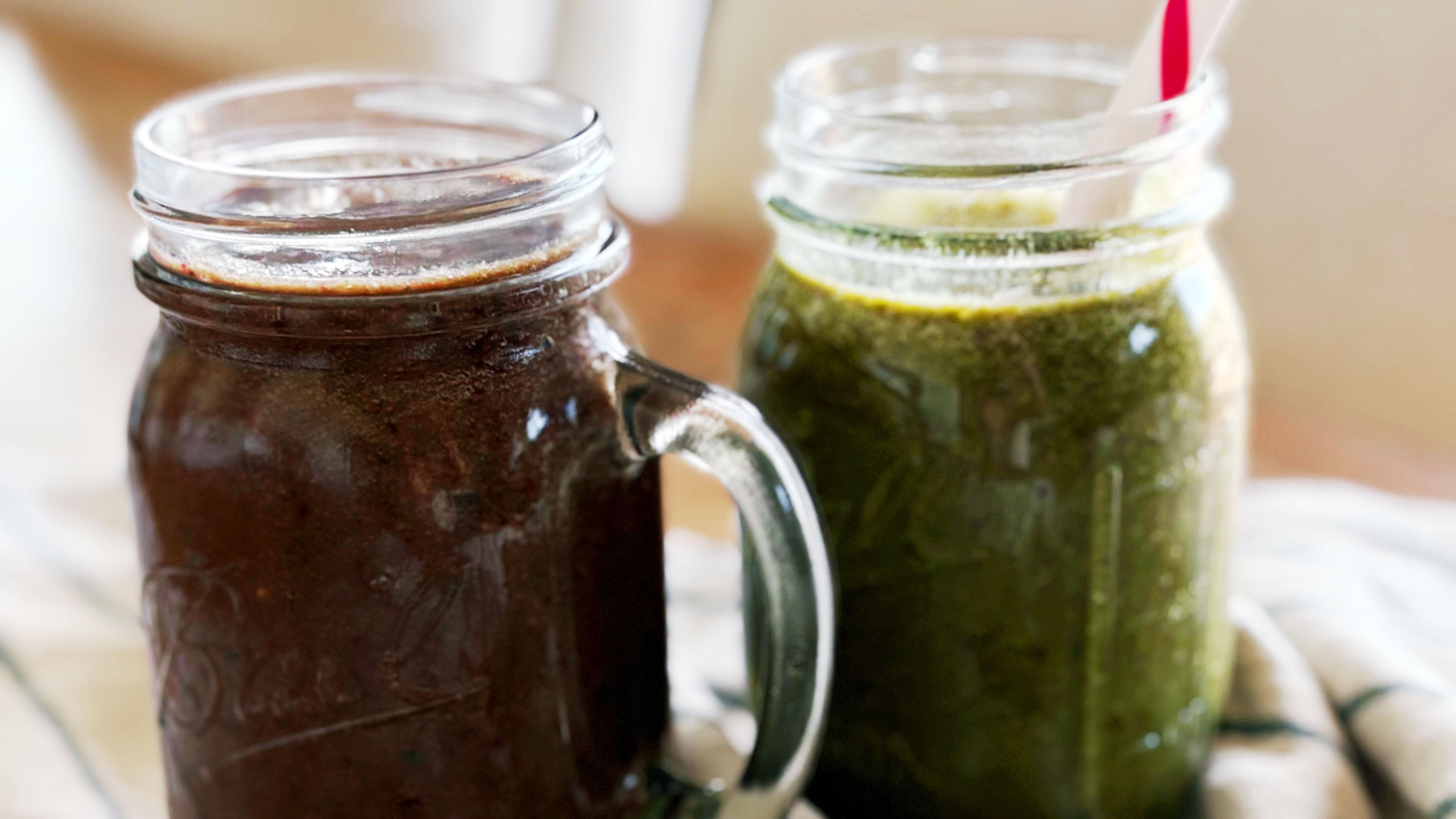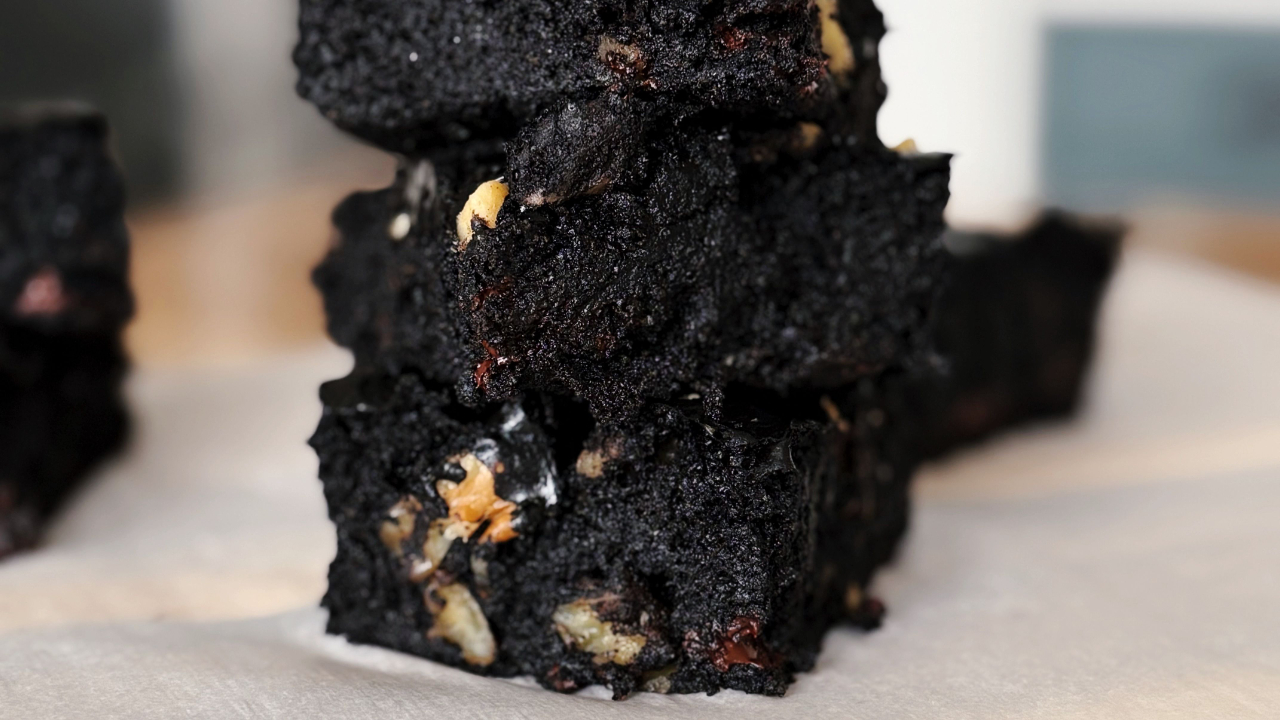Does After Dinner Snacking Affect Sleep Quality?
Apr 21, 2024
Are you a late-night snacker? If you are, have you ever asked yourself why you are snacking? Is it because you have developed it as a habit? Is it emotional eating? Did you not eat enough at dinner and you are still biologically hungry? While the allure of a post-dinner snack may seem tempting, it's worth considering how it might affect your sleep quality. Emerging research sheds light on the connection between eating before bed and its impact on your sleep quality.
Consuming food shortly before bedtime can disrupt your body's natural sleep-wake cycle, also known as the circadian rhythm. This internal clock regulates various bodily functions, including sleep patterns. When you eat after dinner, your digestive system kicks into gear, diverting resources and energy away from the body's preparation for sleep. As a result, falling asleep and achieving deep, restorative sleep can become more challenging.
Additionally, certain foods and beverages contain substances that can interfere with sleep. For instance, caffeinated drinks like coffee, caffeinated tea or soda can stimulate the nervous system, making it difficult to relax and fall asleep. Similarly, spicy or acidic foods may cause discomfort, leading to heartburn or indigestion that disrupts sleep.
After dinner snacking can also affect the body's metabolism and potentially lead to weight gain over time. When you eat too close to bedtime, your body may not have sufficient time to metabolize calories effectively, potentially contributing to weight-related issues and even sleep disorders such as sleep apnea.
But it's not all doom and gloom. If you really need to snack after dinner, making mindful choices about what and when you eat can positively impact your sleep quality. Choosing light, easily digestible snacks, such as a small serving of yogurt or a banana with a spoonful of nut butter, can satisfy cravings without overloading the digestive system. Also, try incorporating sleep-promoting nutrients like tryptophan, found in foods like turkey, nuts and seeds, which may help promote relaxation and improve sleep quality.
Reach out to the eNRG Performance team of Sport Dietitians if you would like more information.
SUBSCRIBE AND WE WILL DROP SOME HEALTHY INSPIRATION IN YOUR INBOX
We hate SPAM. We will never sell your information, for any reason.







